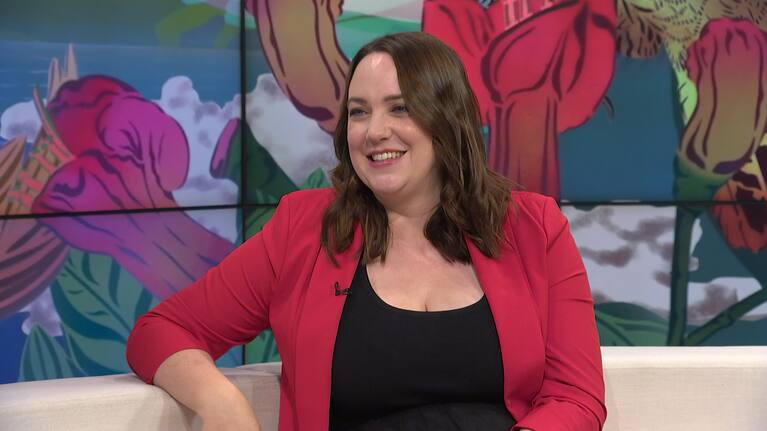Put off by all graphs and charts traditionally associated with budgeting". There is another way, writes Frances Cook. It's all about flipping the dopamine script.
If your budgeting system consists of a spreadsheet you hate, that you avoid opening, then feel guilty about ignoring, I have good news.
This is not what you have to do, to be ”good with money”. Most of us don’t actually need another spreadsheet. We need a more realistic way to manage our money, that doesn’t make us want to set our laptop on fire.
Becoming “good with money” is more about accepting what makes you tick, your own personal strengths and weaknesses, and leaning into them.
Some people are spreadsheet people, and to them I say, good for you. But I shall never be one of you. Most of us aren’t. Instead, I’ve turned to behavioural finance researchers, who say the trick is more about finding ways to hack our dopamine systems.
That’s why there are more people regularly gambling than there are retail investors in New Zealand. One gives you a dopamine rush, the other feels like a chore that your mum would approve of you doing.
Here’s how to flip the dopamine script, so that you stick to a budget without a spreadsheet.
1. Automate the boring bits
Budgeting doesn’t need to be a weekly sit-down with your laptop and your sins. In fact, it’s better if it isn’t.
“Set and forget” is a great motto when it comes to money. Budgeting isn’t about micromanaging every dollar, it’s about deciding what matters to you, and then automating it so you don’t have to rely on willpower every week.
Think: automatic transfers the day after payday. One to a bill account. One to savings. One to the groceries card. Whatever makes your life easier.
The trick is to move the money before your brain has a chance to interfere. This makes good money moves your default, instead of the exception.

2. Gamify what you can’t automate
Want to know why social media apps like Snapchat show your ‘streak’ for how many days in a row you’ve snapped your friends?
Or why Duolingo gives you a streak for how many days in a row that you sign in and chat to the owl?
It’s because our brain loves a streak, and doesn’t want to break it.
So use that, flip it, and apply it to the good habits your should be building too.

That’s the basis of fintech startup Otto, with co-founder Tomas van Ammers saying they wanted to take the behavioural science usually used to hook us on bad habits, and apply it to the good stuff.
The result is an app based on streaks, rewards, and little tricks that make saving money feel satisfying.
“There’s a researcher called BJ Fogg. He's known as a controversial figure in the States, as the person behind the dopamine cycle of a lot of the apps that come out of Silicon Valley,” van Ammers says.
“The reward mechanism of dopamine is used to get people to come back to apps, and often not in a good way.
“So gambling apps lean heavily on this kind of research.”
When they trialled it for a savings streak instead, van Ammers found that even though he knew the trick he was playing on himself, he was hooked.
“I created a test account to trial it, and I’ve still been putting money into it for months. I don’t want to break my streak.”
Embrace the dopamine, the magic of gamification, and give yourself the same thrill you’d get from spending – just without the buyer’s remorse.
You can set a savings challenge with a mate, use a streak tracker, or literally name your account “Italy 2026”.
Just find ways to make it fun. Visualise what you want. Then make progress visible.

3. Make your system easy to stick with
The best budget isn’t the most detailed one. It’s the one you actually use.
And in a world where your attention is being pulled in 100 different directions, ease matters.
If your current system requires you to manually enter every coffee purchase, that’s a system that’s built to fail.
Instead, go simple. Use your banking app’s categories. Separate your money into spending buckets. Get apps to do the heavy lifting for you.
You can even just do a nightly scroll through your banking app, to take note of what you’re spending on. You’d be amazed how just keeping an eye on things leads you to automatically course correct.
Most importantly, don’t aim for perfect.
If you can find a system that’s 70% good, that you use, that will always be better than a 100% perfect system that you don’t stick with.
So here’s your permission slip: delete the spreadsheet if it’s not working for you.
Set up some autopayments. Name your accounts something fun. Track your streaks, not your slip-ups.
Budgeting doesn’t have to feel like punishment. Done right, it can actually feel like freedom.
The information in this article is general in nature and should not be read as personalised financial advice.



















SHARE ME